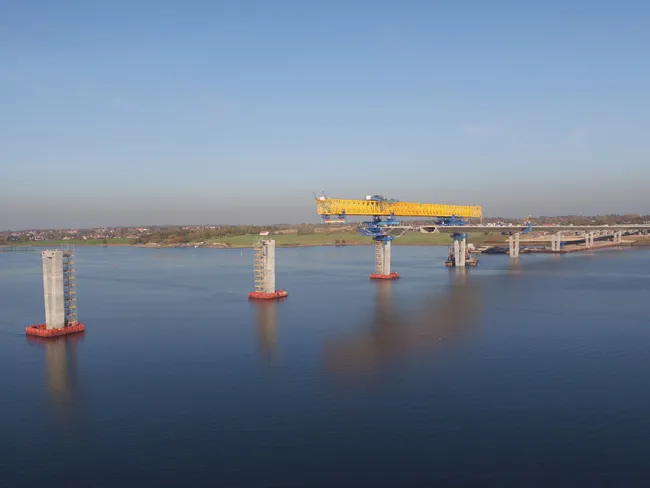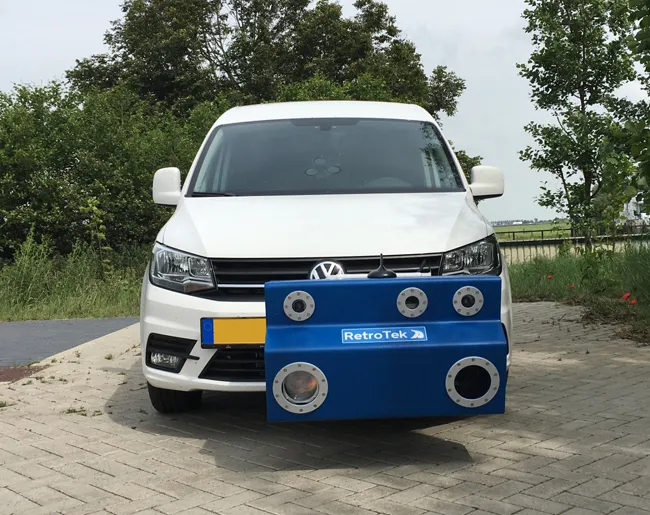
The steering group of the FIA High Level Panel for Road Safety met on 8 September at the FIA offices in Paris. Susanna Zammataro -
Discussions touched upon included the ongoing progress and establishment of the UN Global Road Safety Fund as well as the role of the panel in building support for contributions. They also covered progress of a voluntary commitment on minimum safety standards with automobile manufacturers. Discussed in depth was the roll-out of the #3500LIVES campaign around the world, as well as how the lessons learned from this campaign could be used to build regional capacity for road safety campaigns. Looking ahead, talks focussed on the next steps for “Movernos Seguros”, an IDB-FIA initiative in Latin America with the insurance industry. The discussions also covered lessons learned from in-country road safety missions in Myanmar and Azerbaijan and how to ensure follow-up and implementation of the recommendations formulated by the experts. And finally the talks covered the ongoing establishment of regional road safety observatories, and progress on the ESRA survey in Latin America.
The group put a lot of emphasis on the necessity to improve road safety data around the world, and steps needed in order to reduce the data discrepancy between reported road fatalities by each country and the WHO estimates. The improvement of data collection, management, quality and access is a critical step in improving the status of road safety globally, and in particular in low- and middle-income countries.








